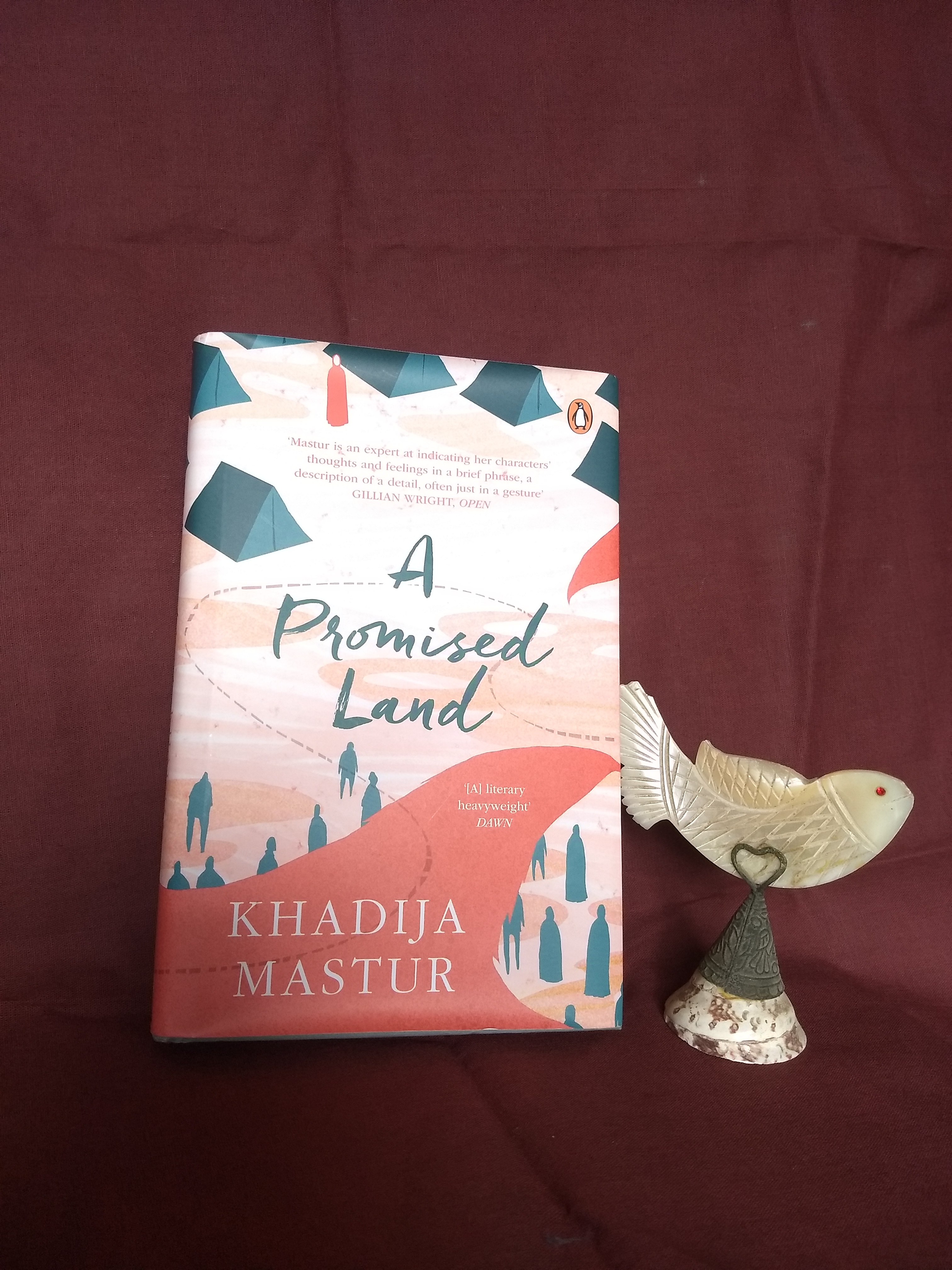Paradoxes and contradictions are a part and parcel of this ever-on-the-move,pseudo-dreamlike city called Bombay rechristened to Mumbai. And one of the large and growing paradoxes of the city is the way in which the woman of the middle class comes into close contact with the woman of the low class vis-a-vis the great necessity of the elite/middle class called the servant. This necessity though great is hardly ever really talked about except in slandering the people who fulfil that necessity or when they put forward their demands regularly which are dismissed on an equally regular basis.
The Space Between Us by Thrity Umrigar explores this very paradox which is ubiquitous but never acknowledged. Quite a paradox within a paradox, eh? So what exactly is this paradox? To state it clearly, the rising middle class or those well established ones always hire a maid/servant (full time or part-time) to do the many chores while they are busy hurrying to offices or catching up on other important tasks like catching up on the latest conniving traps of the new saas (mother-in-law) on the block or going golfing/kitty parties and other some such silly stuff. So while the middle class will never otherwise really come in contact with the low class thanks to the rise of gated communities which makes sure that the ugly side of any place let alone a city is never revealed and is conveniently obliterated in the mind, they come in contact with them through the maids who become (usually of the women thanks to the never changing stereotypes of the roles of men and women!) great companions and friends sharing their lives and worlds which in any other situation would be unthinkable.
The novel elaborates quite evocatively on such a scenario with a touching prologue that captures so vividly the mental state of any city dweller at some point or the other: the need to just run away from all your problems, hoping that the city disappears and while you sit at the sea, hoping it will wash away your sorrows/frustrations etc. The story charts out the individual lives of two women who are world apart: Sera, a rich Parsi women who has had her own share of unhappiness in her married life and Bhima, the maid who works in her house and whose world is falling apart constantly even as she perpetually struggles hard to keep it all together. The story opens with Bhima’s granddaughter, Maya, getting pregnant- from a man whose identity is revealed at the end-which again though temporarily shatters Bhima’s world and all her hopes for Maya and her education which she thought of as her ticket out of the vicious hell of being a maid. Sera and Bhima share a fragile, precarious camaraderie which cuts across class and the usual stereotypes about how a relationship should be between a master and servant. Both have been there for each other in times of need-Bhima when Sera had to heal from her husband’s abuses and Sera when Bhima needed her while her husband was in hospital and other cases. Though they share a a good womanly friendship which is also seen in Sera’s daughter-Dinaz’s fondness for Bhima, the relationship is fraught with the several hesitations and doubts and stereotypes too.
The story weaves its way through Maya’s pregnancy while constantly going into flashbacks into Sera’s and Bhima’s life which work as good reminisces and a way to show how their lives merged and then into the present which stands like it always does with a lot of uncertainty while also being happy in its own small ways and then into the end which reveals the father quite un-dramatically like one of those mundane things you suddenly become aware of like how to chip vegetables or what exactly does a Bachelor’s degree mean or some such dross things that makes up what is called life. And then comes…oh wait…u need to find this on your own so go read it..
It is definitely worth a read as it is a poignant story because of its subject and the jarring clash of two worlds which brings fore jarringly the worlds we conveniently ignore-the struggles Bhima goes through just about everyday for basic necessities is something that would make us the people sitting cushioned in their AC rooms faint. The novel can be bogged down with over use of metaphors and similes but on the whole it is quite an engaging read.
The title, The Space Between Us, is quite appropriate as it questions the space that divide across class, shows how it can be reconciled or perhaps not. It challenges, questions, experiments with it, putting more questions forward but never answering any of them. That is for us to do.




